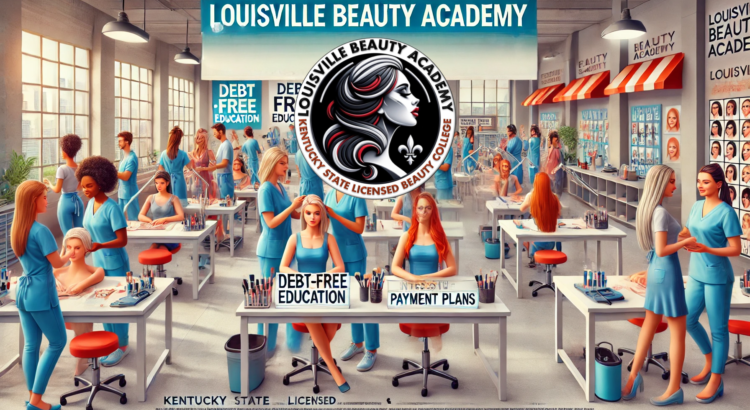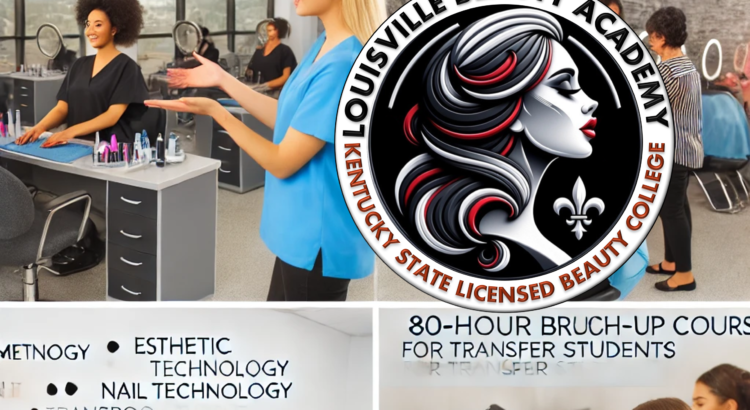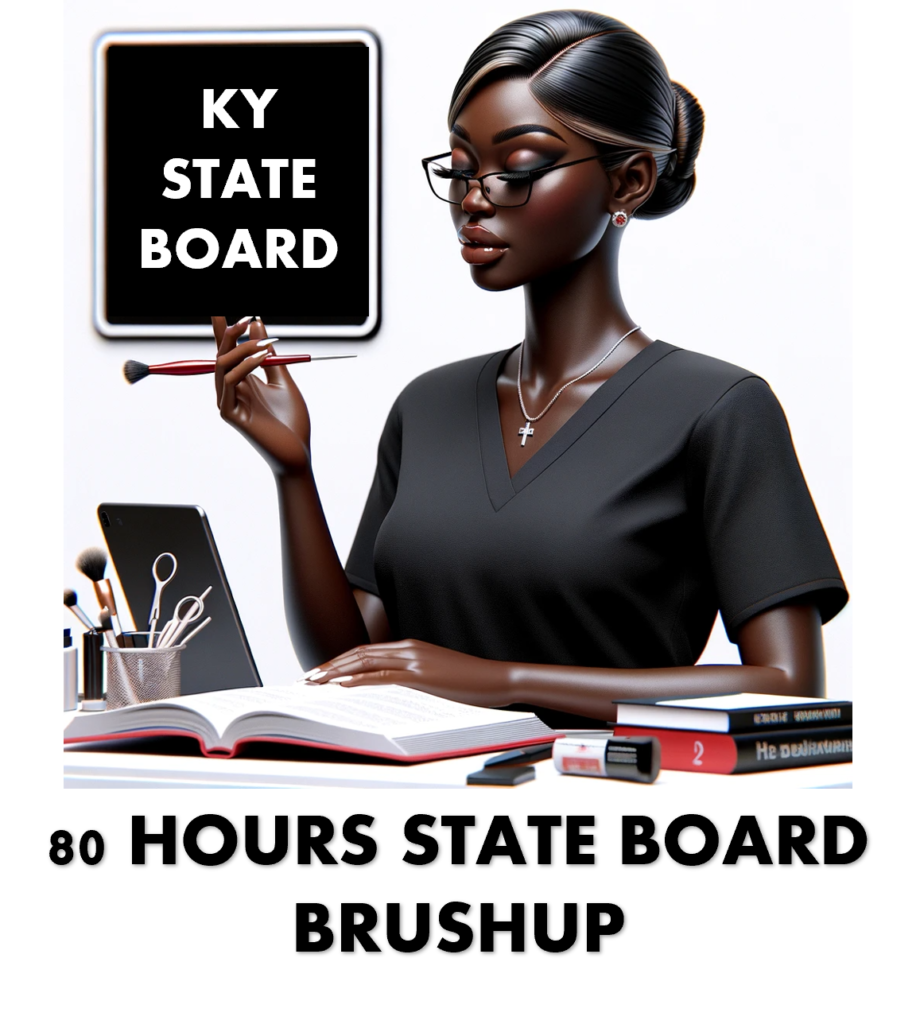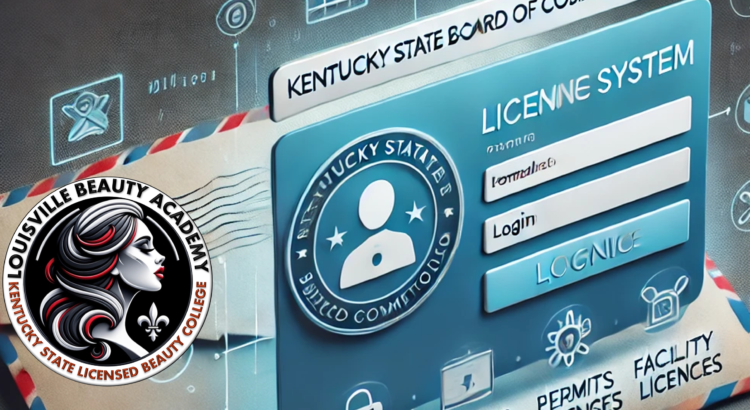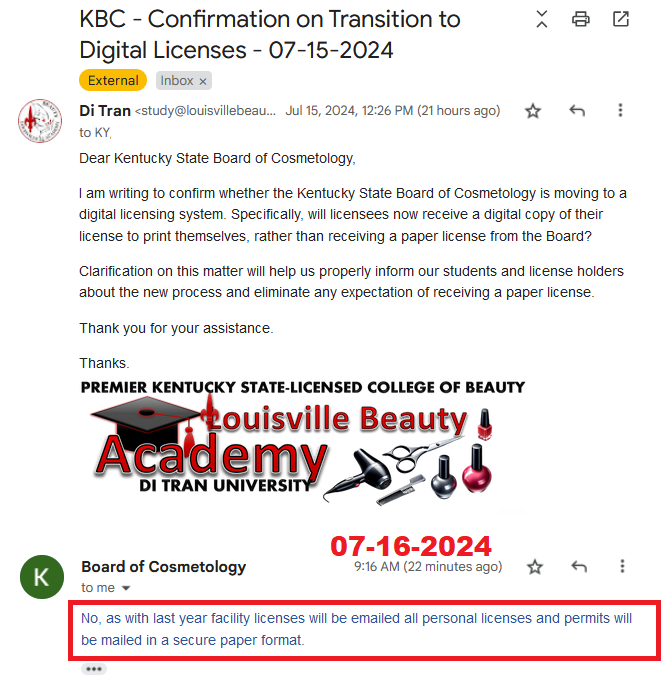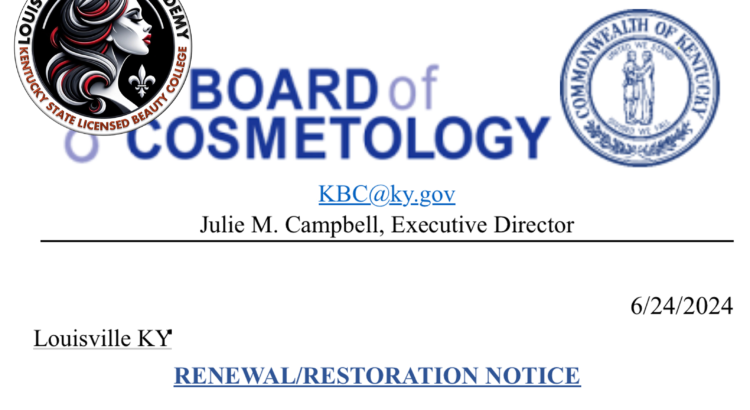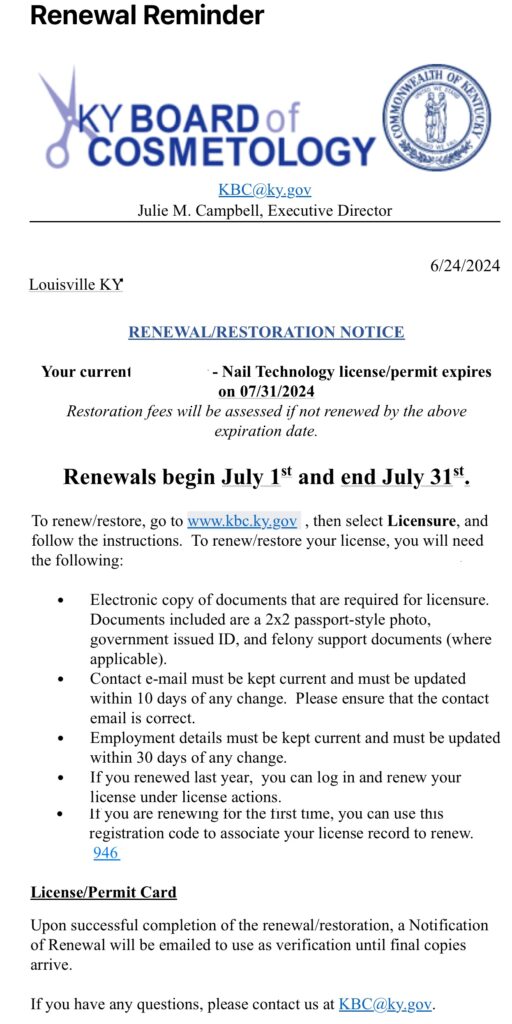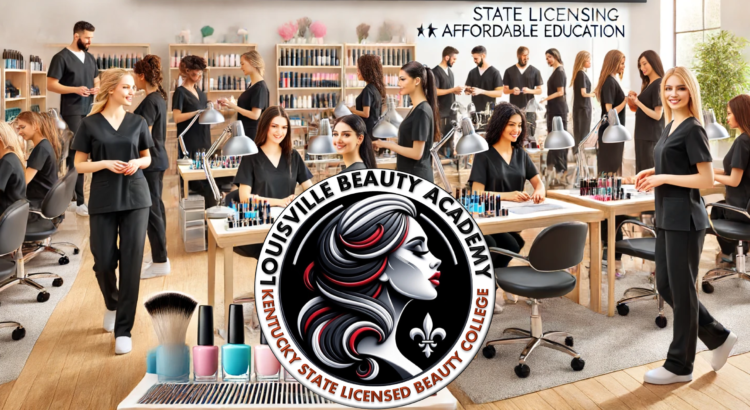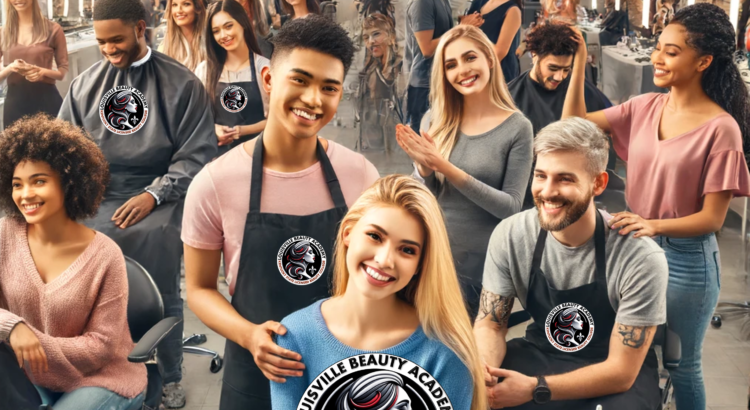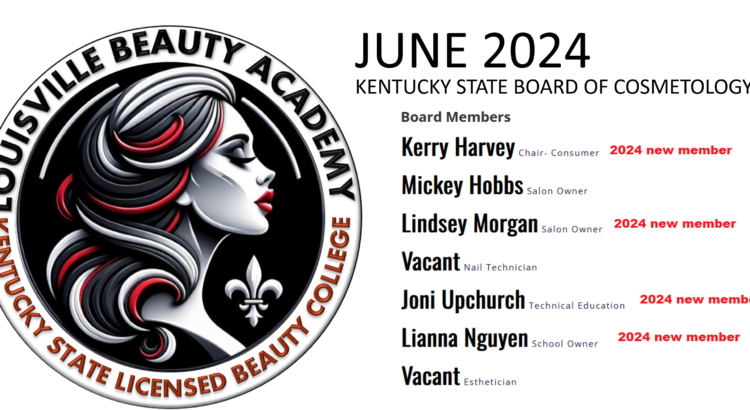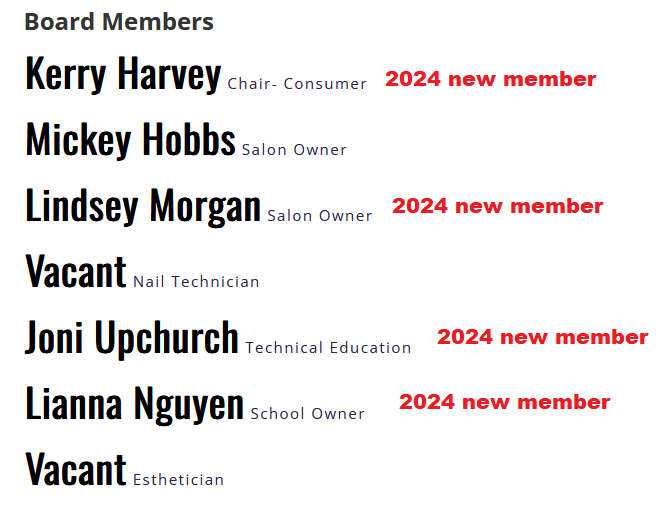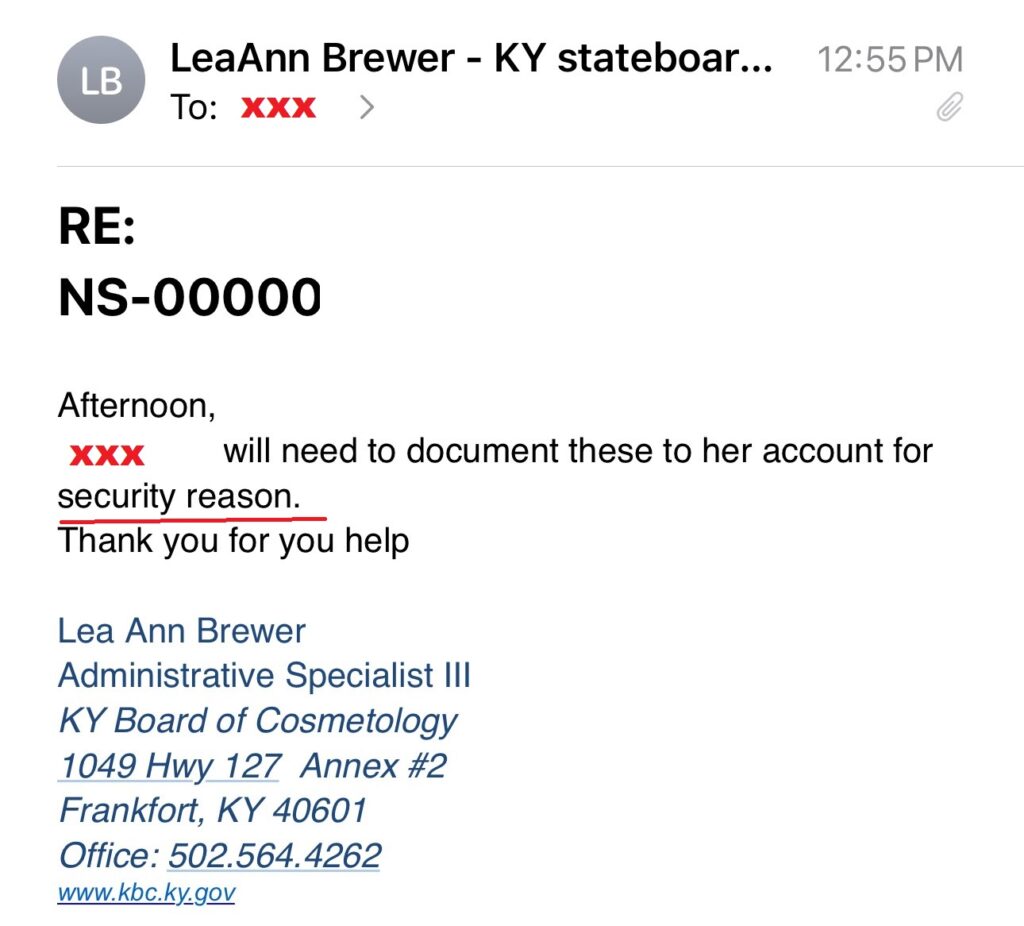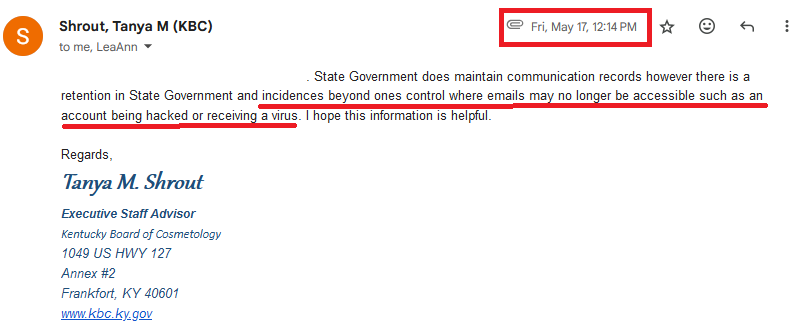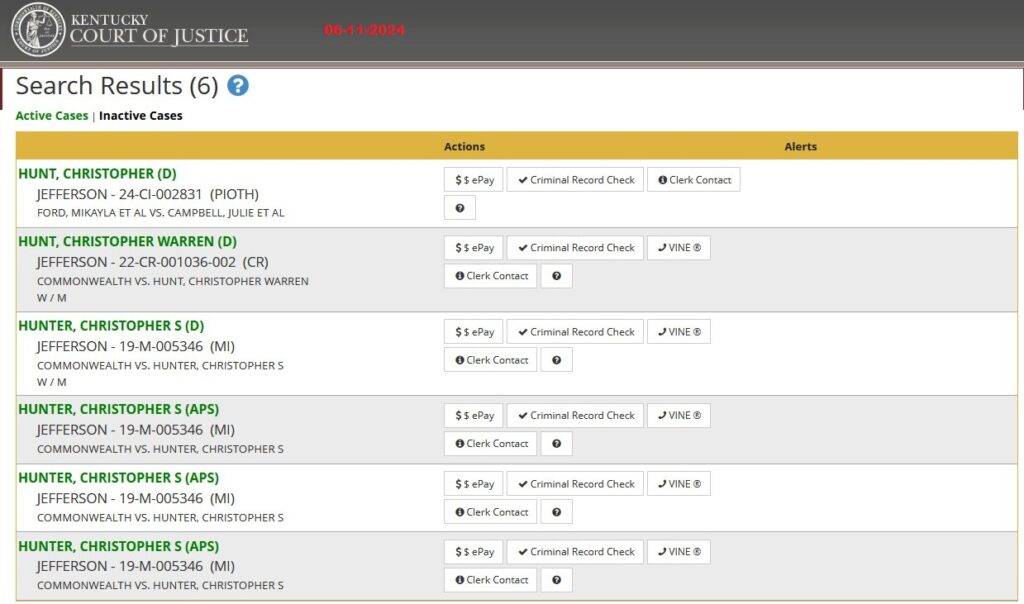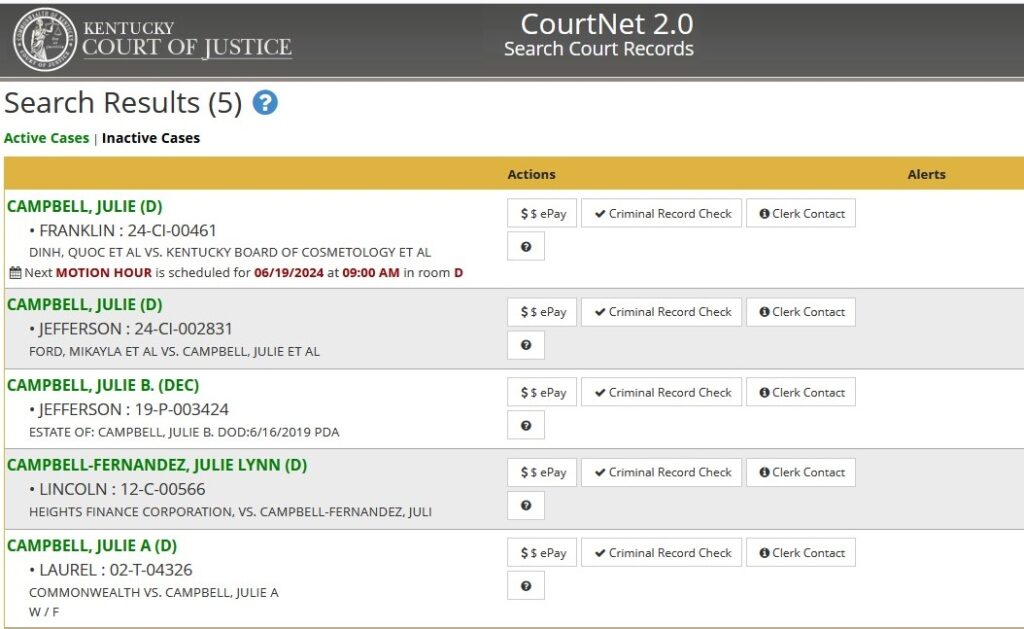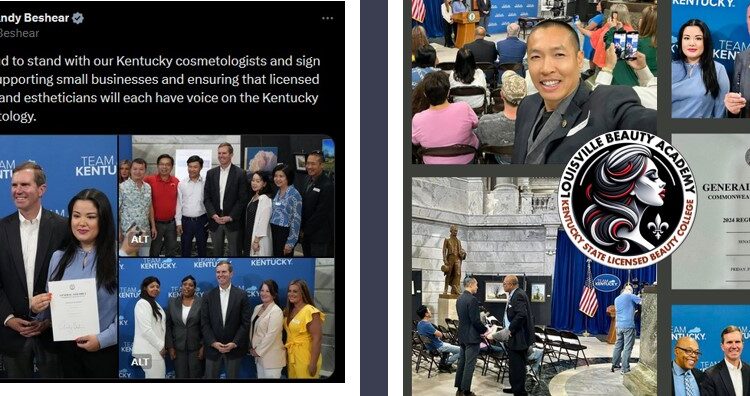Louisville Beauty Academy, a Kentucky State-Licensed and State-Accredited beauty institution, offers a unique and highly competitive advantage in beauty education: a debt-free model. In an industry where student debt is common, Louisville Beauty Academy stands out by providing substantial tuition discounts and interest-free payment plans, making it the most affordable option for aspiring beauty professionals in Kentucky.
Program Costs and Discounts
Louisville Beauty Academy offers several programs, each significantly discounted to ease the financial burden on students:
- Nail Care Program (450 hours):
- Original Cost: $8,325.50
- Discounted Cost: $3,800
- Discount: 54.4%
- Skin Care Program (750 hours):
- Original Cost: $14,174
- Discounted Cost: $6,100
- Discount: 57%
- Cosmetology Program (1500 hours):
- Original Cost: $27,025.50
- Discounted Cost: $6,250.50
- Discount: 76.9%
- Beauty Instructor Program (750 hours):
- Original Cost: $12,675.50
- Discounted Cost: $3,900
- Discount: 69.2%
- Shampoo Styling Program (300 hours):
- Original Cost: $5,890
- Discounted Cost: $2,390
- Discount: 59.4%
- Lash Professional Program (18 hours):
- Original Cost: $2,500
- Discounted Cost: $1,500
- Discount: 40%
These discounts are designed to ensure that students can pursue their education without accruing significant debt.
Comparison to FAFSA-Dependent Schools
For most beauty schools in Kentucky, students typically rely on federal financial aid through the Free Application for Federal Student Aid (FAFSA). While FAFSA provides access to grants and loans, these funds often cover only part of the total educational costs. Students frequently have to resort to additional federal loans or private loans, which accrue interest and need to be repaid after graduation.
Your FAFSA questions, answered by UK Office of Student Financial Aid and Scholarships | UKNow Student Loans for Cosmetology School |
FAFSA for Cosmetology School | Tricoci University.
For instance, the average student loan debt for undergraduates, not specific to cosmetology students, was $37,172 in 2021, with an average monthly payment of $393 Financial Aid for Cosmetology School – CSNM. This debt burden can be a significant hindrance for new graduates starting their careers.
The Debt-Free Advantage
Louisville Beauty Academy’s debt-free model is rare and advantageous. By offering significant discounts and interest-free payment plans, the academy ensures that students can complete their education without the looming threat of debt. This model is not only financially beneficial but also encourages more students to pursue their passion in beauty without financial stress.
Even for students who opt to pay using a credit card, Louisville Beauty Academy remains the best option. Credit cards, though often associated with high-interest rates, can still be a more favorable choice compared to traditional student loans. The academy’s discounted tuition rates and no-interest payment plans provide financial flexibility and reduced overall costs, which are not commonly found in the beauty education sector
Financial Aid for Cosmetology School – CSNM
FAFSA for Cosmetology School | Tricoci University.
Conclusion
Louisville Beauty Academy is setting a new standard in beauty education by offering a truly debt-free experience. This approach not only alleviates financial stress for students but also empowers them to focus on their education and career goals. As a Kentucky State-Licensed and State-Accredited institution, Louisville Beauty Academy proves that affordable, high-quality education is achievable and sustainable. In a landscape where student debt is the norm, Louisville Beauty Academy shines as a beacon of financial freedom and opportunity.
For more information about Louisville Beauty Academy’s programs and financial options, visit their website.
